In Germany, Mercedes is ready to pay up to $540,000 to its employees for being willing to resign.
German company Mercedes-Benz is ready to pay up to 540,000 US dollars to employees willing to volunteer for redundancy.
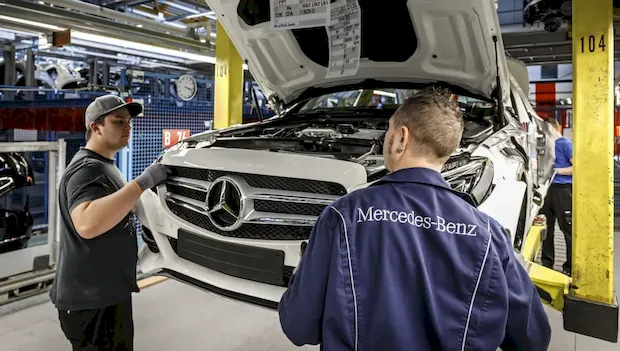
Major manufacturers in Germany are going through tough times and, therefore, are seeking various opportunities to optimize their production in order to stay afloat.
Mercedes Company is Ready to Pay Up to 540,000 US Dollars for Voluntary Redundancy
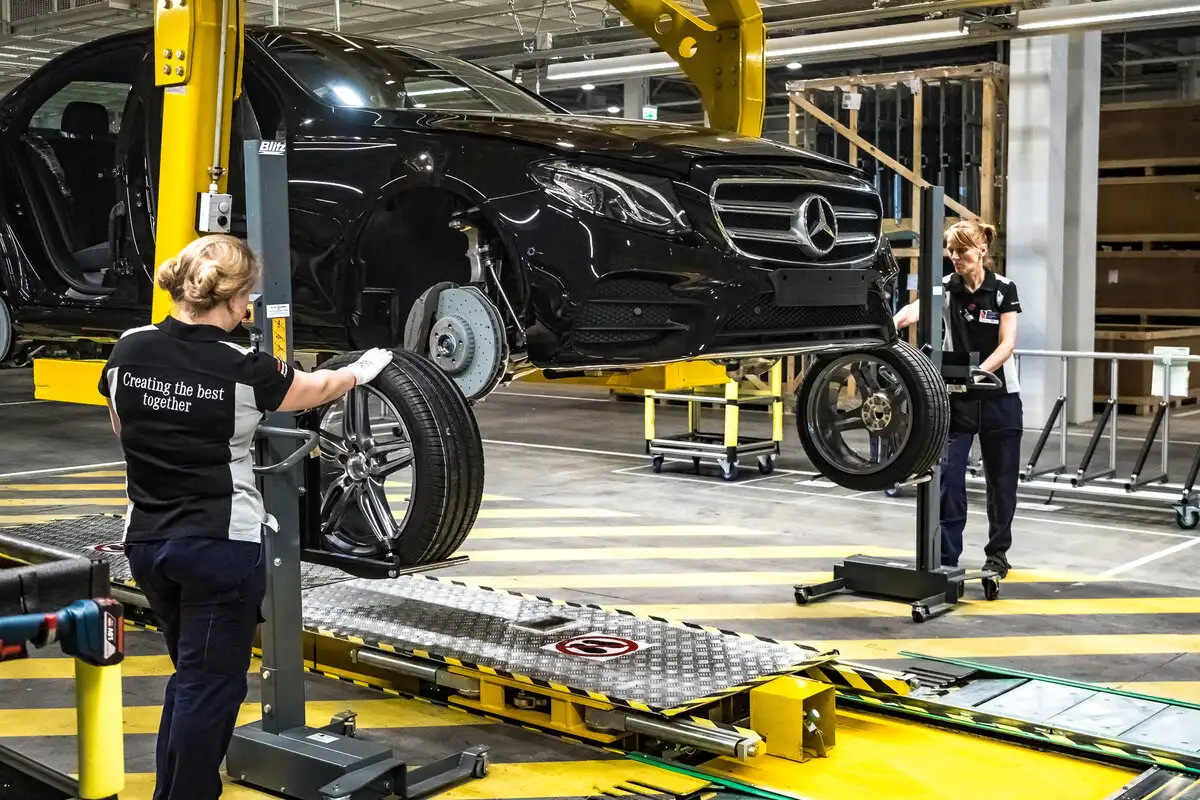
As part of a cost-saving strategy aimed at saving 5.4 billion, Mercedes-Benz offers its employees significant compensation for voluntary redundancy. Employees who have been with the company for a long time may receive payments based on salary and years of experience. For instance, a 55-year-old manager with 30 years of experience could receive over 540,000 dollars.
According to the company's calculations, more than 30,000 employees will be offered redundancy by the end of April, and responses are required by the end of July. This company is focused on reducing administrative staff but also plans to cut managerial positions to optimize the structure.
You may also be interested in the news:
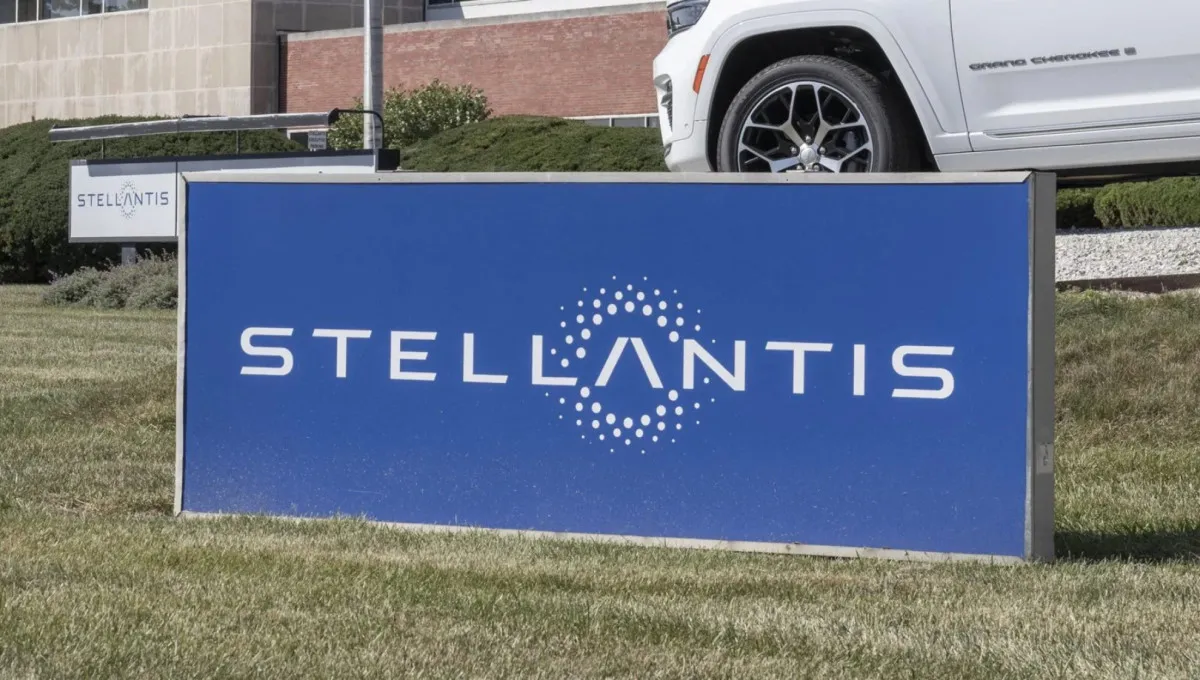
Stellantis Plans to Strengthen Dealer Partnerships to Boost Sales and Market Growth
The move comes amid efforts to restore sales volumes and market share following a dip in North American sales.
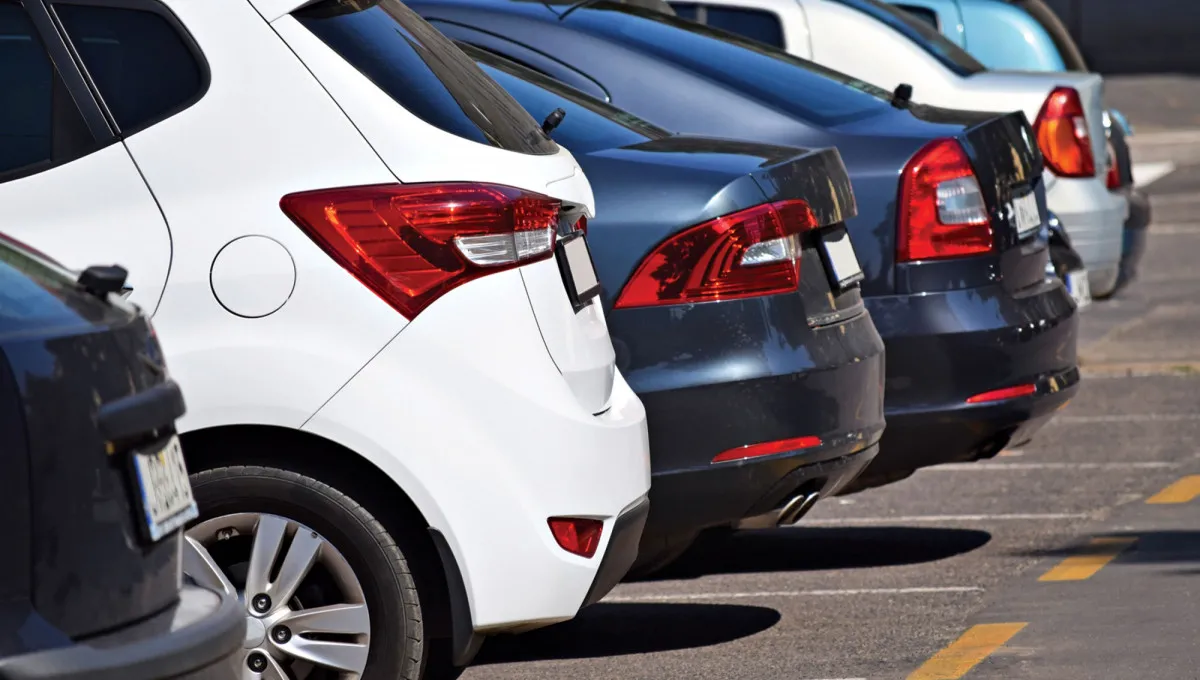
Best and Worst Cars of 2025 Ranked by Value for Money: 10 Winners and 10 Losers
Germany’s ADAC has tested 100 new 2025 models, ranking them by price versus real-world value.

Mercedes-Benz Reinvents Itself: From Luxury Cars to Luxury Real Estate
While some automakers are still focused on developing the next electric vehicle, Mercedes-Benz has unveiled a project in a completely different category.
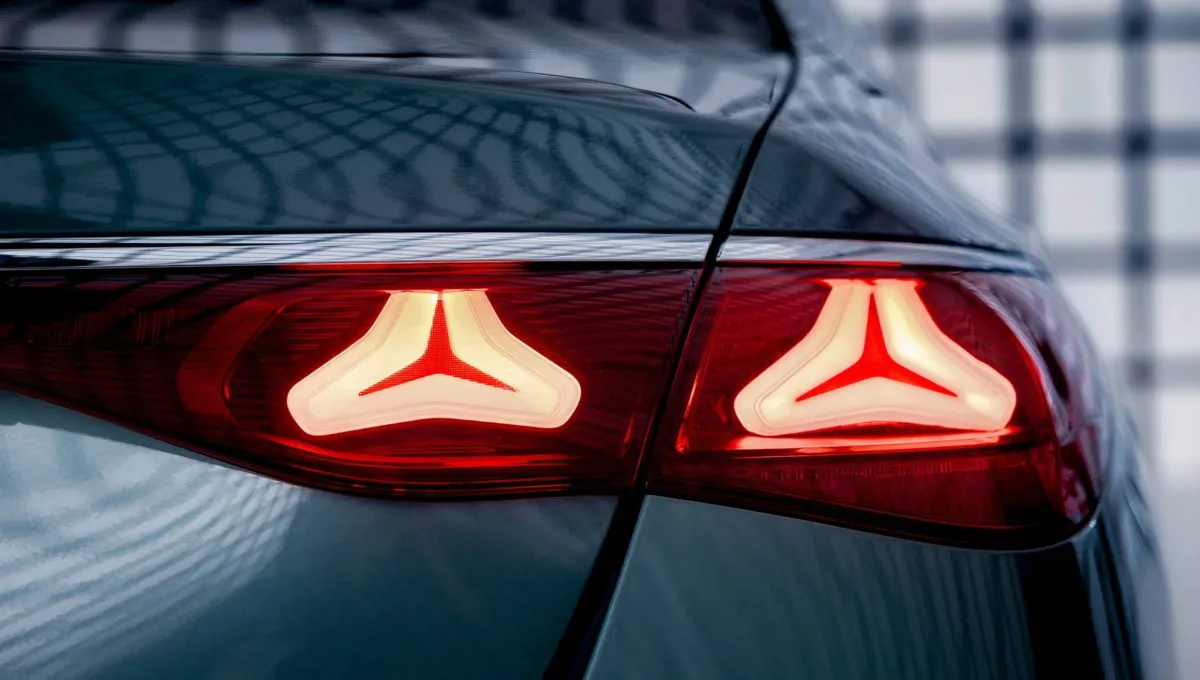
Mercedes Finds a Way to Simplify Wiring in Split Taillights: Patent Reveals the Idea
A newly published patent filing suggests Mercedes-Benz is looking for a cleaner, simpler way to handle wiring in split rear light assemblies.

“Let Them Come”: Trump Signals Openness to Chinese Automakers Leaving Russia for the U.S.
Trump says the U.S. is ready to welcome Chinese carmakers—under strict conditions